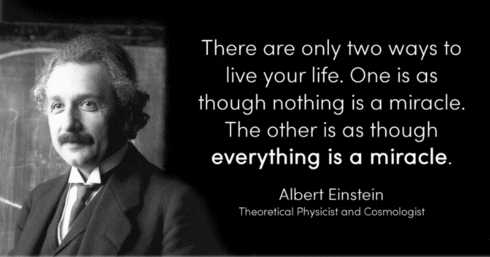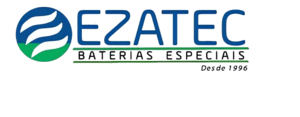Design and implementation of small-capacity hybrid inverters for solar cells and fuel cells
Author
Jo Sang-yoon
Seoul: Kwangwoon University Graduate School, 2019
Dissertation
Thesis (Doctoral)-- Kwangwoon University Graduate School: Department of Electrical Engineering 2019.2
Year of issue
2019
2018年12月7日
ABSTRACT
Design and Implementation of Hybrid
Small-Sized Power Inverter for PV and Fuel Cell
As a major source of power for robots and drones that emerged as key
elements of the Fourth Industrial Revolution era, solar cells, fuel cells, and
lithium-ion batteries are receiving spotlight as batteries that can produce
high power for long periods of time. Especially, the global market for solar
cells and fuel cells is expanding as new and renewable energy sources.
While inverter demand is essential for efficient operation of batteries and
studies of high-quality inverter technologies such as solar energy, energy
storage devices such as robots, drones, etc. As hybrid technologies that
supplement solar energy and fuel cells in battery power are
commercialized in the U.S., including Japan, it is imperative to study new
power converters and control technologies that add green power to
secondary batteries.
The purpose of this paper is to design and implement a small-capacity
hybrid inverter system for solar cells and fuel cells that efficiently operate
robots and controllers, communications and various mission equipment by
merging solar cells, fuel cells and lithium-ion batteries. To this end, the
electrical model for solar cells, fuel cells and lithium-ion batteries is first
established and the architecture of the hybrid inverter system is proposed
based on these models. After each component has been designed and
verified, the entire system is verified and finally the proposed smallcapacity
hybrid inverter system is demonstrated by mounting the actual
robot's power system.
This paper proposes the structure and function of hybrid inverter
systems by establishing an electrical equivalent linear model,
understanding the power characteristics of solar cells, fuel cells and
lithium-ion batteries with different principles of energy generation. Each
module proposes a new method of impedance matching maximum power
point tracking control technology that is essential to the design of the
buck converter for solar cells and fuel cells. It also designs an interleaved,
bidirectional DC-DC converter with a high-passing ratio for optimal
charging of lithium-ion batteries and proposes an efficiency analysis
method in the multiplier mode. In addition, it proposes a two-way DC-DC
converter that simultaneously takes into account efficiency and stability.
The proposed hybrid inverter system is implemented as a small-capacity
hybrid interver system for solar cells and fuel-cells by proving its
effectiveness through simulation and practical experiments at the module
and system level and by applying it to actual mobile robots.
In conclusion, the research proposed a small hybrid inverter system for
solar cells and fuel cells provides power conversion solutions suitable for
robots, drones, wearable devices, and mobile electronics. Futhermore,
Combined with other energy storage devices other than lithium-ion
batteries, it is also able to be applied as a power converter for large
capacity ESS. Therefore, it presents the possibility of independent
products as modules and system technologies for low-cost, long-term, and
high-power inverter technologies in the future renewable energy sector.

.gif)







Nenhum comentário:
Postar um comentário